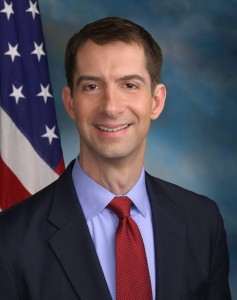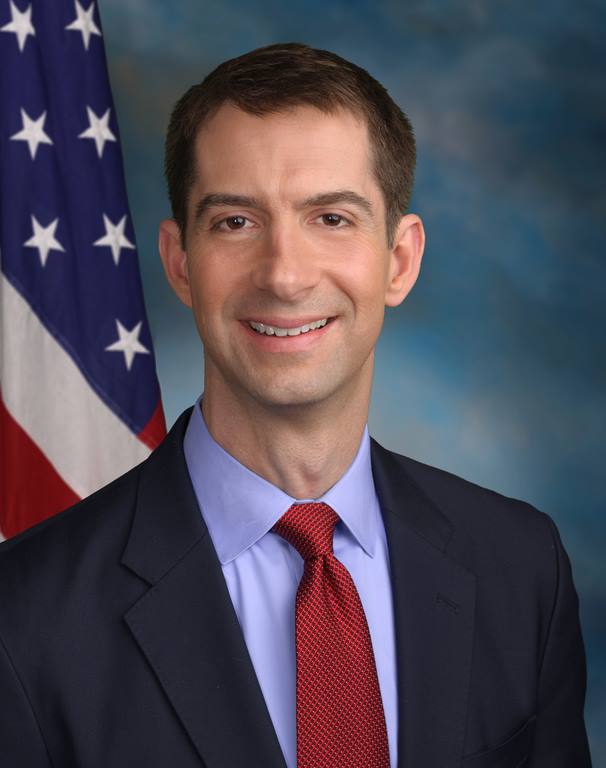The following is a press release from Family Council Action Committee.
FOR IMMEDIATE RELEASE
Thursday, September 1, 2016
On Thursday the Arkansas Secretary of State certified a proposed amendment allowing casinos in three different counties in Arkansas for the November ballot.
Family Council Action Committee Executive Director Jerry Cox released a statement against the amendment, saying, “This amendment allows a group of Missouri businessmen to write themselves and their gambling operation into the Arkansas Constitution.”
Cox said, “This amendment creates a monopoly allowing out-of-state businessmen to build casinos in Texarkana, Fayetteville, and Harrison. That’s bad enough, but the fact that no one else would be allowed to do the same creates a monopoly of the worst sort. Even if every voter in these cities opposes the casinos, they could still be built if the amendment passes in the statewide vote this November.”
Cox said the amendment lets casinos operate without enough accountability. “The way the amendment is written the Arkansas Legislature won’t be able to regulate them. It specifically states that any kind of gambling that is legal in Nevada and in several other states must be allowed at these casinos. In 10 or 20 years, there is not telling what kind of gambling they will be doing in Nevada and other states, but whatever it is, it will be allowed right here in Arkansas.”
Cox noted that casino gambling has not been an economic boon elsewhere. “Tunica County, Mississippi, has nine casinos. Just across the Mississippi River in Lee County, Arkansas, there are no casinos. The poverty levels in these two counties is almost identical. It’s the same with casinos in Oklahoma. At best their economy is stagnant. On the downside, communities with casinos see higher rates of bankruptcy, higher crime rates, higher divorce rates, and a greater need for community services to assist women and children in need. It’s no coincidence that pawn shops are usually next door to casinos. Arkansas won’t be any different. This is an industry that preys on poor people.”
Family Council Action Committee is a conservative 501(c)(4) organization based in Little Rock, Arkansas.
###
READ MORE
 This week Family Council wrote a letter to U.S. Senator Tom Cotton thanking him for co-sponsoring S. 1668, a federal law that cracks down on predatory Internet gambling.
This week Family Council wrote a letter to U.S. Senator Tom Cotton thanking him for co-sponsoring S. 1668, a federal law that cracks down on predatory Internet gambling.

